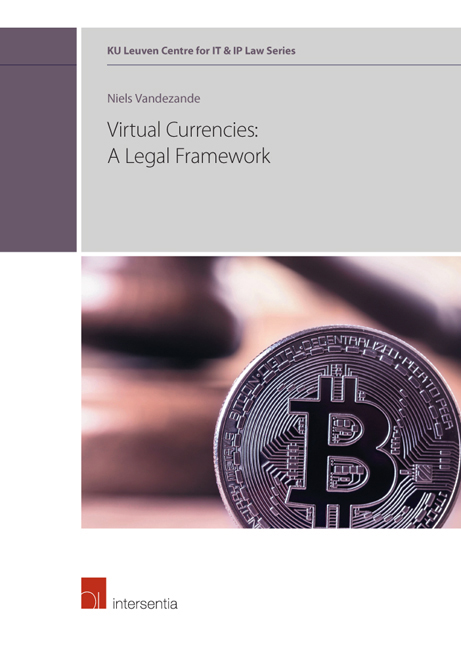Book contents
Chapter III - Perspectives of Money
from Part I - Conceptual Analysis
Published online by Cambridge University Press: 13 October 2018
Summary
PERSPECTIVES OF MONEY
INTRODUCTION
VIRTUAL CURRENCIES AS MONEY – Much like the notion of trust analyzed in the previous chapter, money is a concept used in everyday language that can prove hard to define. At its most basic understanding, money could be understood as referring to assets that serve as means to conclude payments. There could, however, also be assets that can be regarded as money, yet which do not serve as means of payment, or means of payment that are not money. But it is the reference to means of payment that raises the question whether virtual currencies can be considered as money. After all, the analysis of different kinds of virtual currencies conducted in chapter I demonstrated that virtual currencies can be used to obtain various goods and services, both in virtual worlds and in the physical world, and thus possess the potential to serve as means to conclude payments. As there are several instances where money can be considered as a legally relevant concept – especially so in financial law – it is important to analyze at this stage of the research whether virtual currencies can be considered as money. Such a qualification then subjects virtual currencies to the rules and regulations to which money is subjected, thus identifying the applicable legal frameworks.
Money as a legal concept – In legal discourse on money, the focus will often be put on what can be regarded as public money or legal tender, i.e. the notes and coins issued by a sovereign state's government. Starting from an analysis of the seminal work on the legal aspect of money by Mann, this chapter will present the core theories underlying the current legal understanding of money. That analysis will include a summary analysis of the credit theory of money, and its importance in the origins of money.
Money as an economic concept – While the analysis conducted here will depart from a legal understanding of money, it is clear that the matter of money cannot be approached without taking into account economic scholarship on this subject. Given the division of economic thought in the matter of money, this chapter will consult works of scholars from different schools of thought to present a more balanced view.
- Type
- Chapter
- Information
- Virtual Currencies: A Legal Framework , pp. 137 - 164Publisher: IntersentiaPrint publication year: 2018



